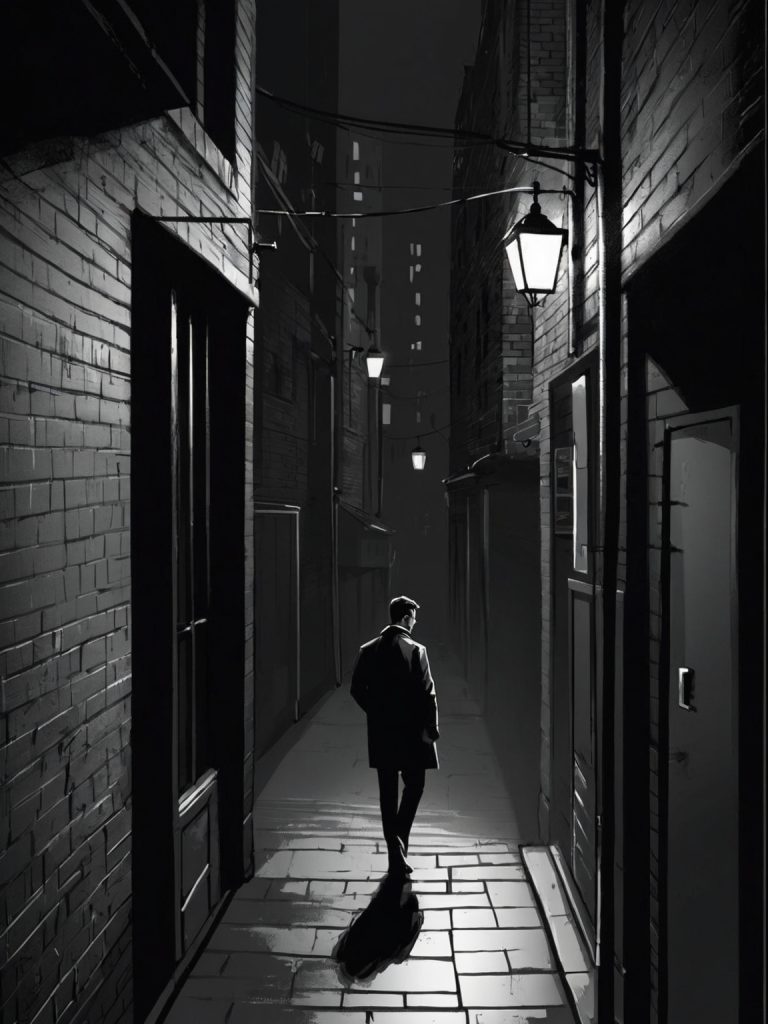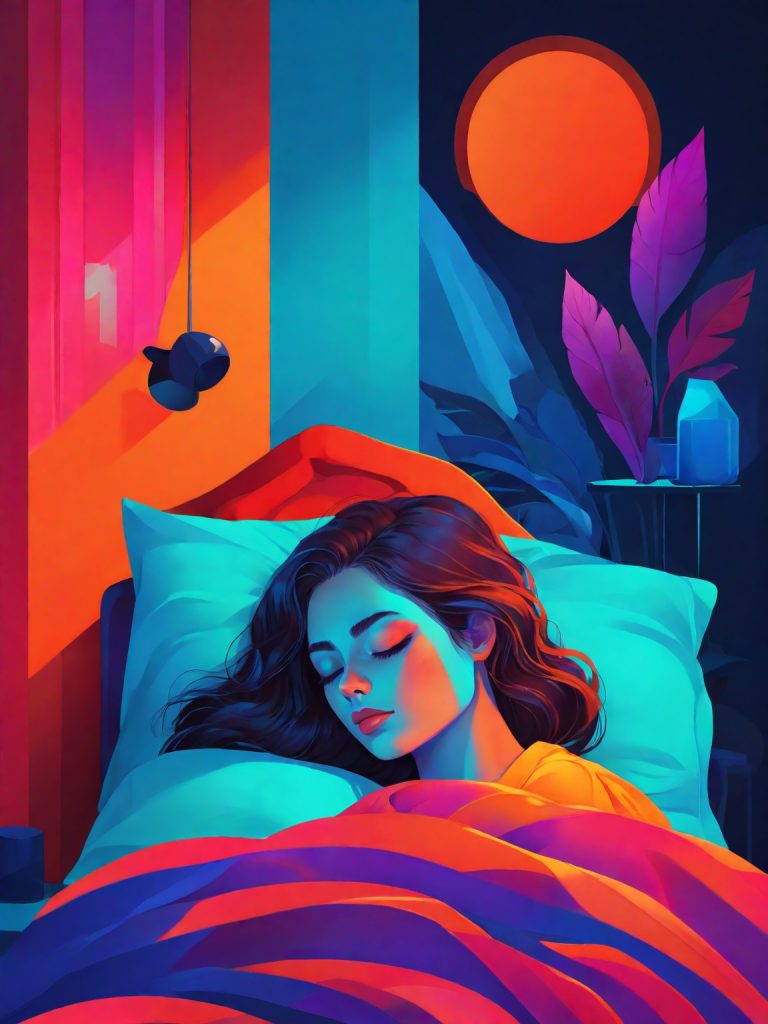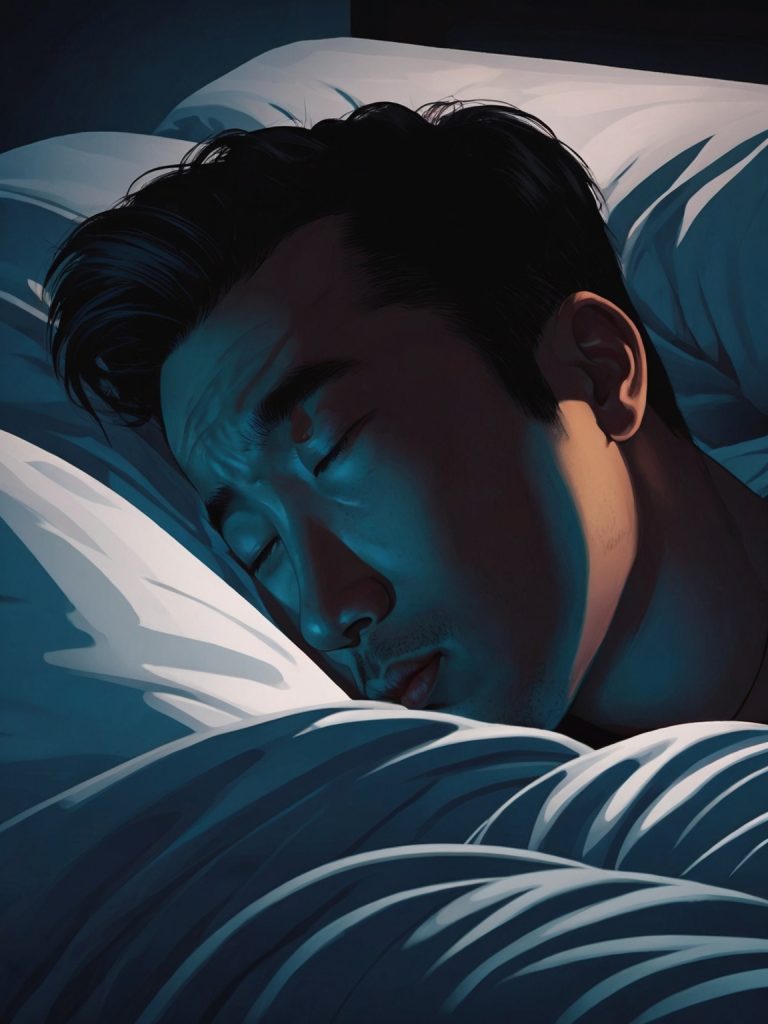This article tackles a common concern for people with HOCD: analyzing dreams for hidden meanings. It clarifies that dreams are often random and shouldn’t be a source of anxiety. The article explores various dream theories and offers unique advice you won’t find elsewhere: stop obsessing over dream interpretation and focus on managing HOCD symptoms. This empowers you to take back control of your thoughts and emotions, ultimately reducing HOCD’s hold on your life.
TL;DR
- Don’t interpret every dream. Many dreams are random and don’t have a hidden meaning.
- HOCD dreams might reflect your daily worries, not hidden desires.
- Dwelling on dream meaning can worsen HOCD anxiety.
- Focus on managing HOCD symptoms, not dream interpretation.
- Consider therapy (ERP) to address intrusive thoughts.
Hey everyone, let’s talk about HOCD and how it might be affecting your dreams. This is a topic that’s come up a lot lately, and I understand the confusion it can cause. When you’re struggling with HOCD, it’s natural to want to analyze everything, including your dreams. But here’s the thing: dreams can be strange and don’t always have a deep hidden meaning.
What is HOCD?
| Term | Explanation | Example |
|---|---|---|
| HOCD | Hidden Obsessive Compulsive Disorder | Someone with HOCD might have intrusive thoughts that they might be gay, even if they haven’t felt attracted to the same sex before. These thoughts can be very distressing and lead to compulsions (actions) to try to “prove” their sexual orientation. |
| Intrusive Thoughts | Unwanted thoughts, images, or urges that pop into your head and cause anxiety. | Someone with HOCD might have a sudden thought, “What if I’m secretly attracted to my best friend?” |
| Compulsions | Behaviors or mental acts someone with OCD feels driven to do to reduce anxiety caused by intrusive thoughts. | In HOCD, compulsions might involve repeatedly checking their attraction to the opposite sex or avoiding situations where they might be exposed to someone they find attractive. |
| Key Point | HOCD focuses on obsessions and compulsions related to sexual orientation, not the actual sexual orientation itself. | Someone with HOCD can be any sexual orientation, and having these thoughts doesn’t mean they are gay or lesbian. |
HOCD Taking Over Your Day and Night?

If you have HOCD, intrusive thoughts likely consume a good part of your day. It’s no surprise then, that these thoughts might leak into your dreams. You might wake up feeling confused and distressed, wondering if a dream about someone specific means you secretly have feelings for them. This can be especially scary when the dream involves someone you wouldn’t normally be attracted to, further fueling your HOCD anxieties.
Freud and the Dream Debate
Sigmund Freud, a famous psychiatrist, believed dreams revealed hidden desires. He thought dreams were a way to express our unconscious wishes. But here’s the catch: many psychologists disagree. Freud’s theory has been heavily debated for decades, and there isn’t enough evidence to support the idea that every dream holds a secret meaning.
Different Theories on Dreams

There are many theories about dreams, each offering a different perspective. Some psychologists believe dreams are a way to process emotions and memories from our waking life. For instance, if you’re stressed about an upcoming presentation, you might dream about being unprepared or forgetting your lines.
Other researchers suggest dreams help us prepare for potential threats. Imagine dreaming about being chased by a bear. This could be your brain’s way of rehearsing how to react in a dangerous situation, even if it’s highly unlikely you’ll ever encounter a bear in your daily life.
Some researchers even believe dreams are just random brain activity! This theory suggests that dreams are simply the result of our brains firing off neurons and making connections, not necessarily reflecting any deeper meaning.
Here’s a unique and simple table presenting different dream theories:
| Nighttime Playground | Pro | Con |
|---|---|---|
| Dreams act out our deepest desires, even those we wouldn’t admit to ourselves. | Explains vivid and emotional dreams. | Ignores random or confusing dreams. |
| Dreams help us sort through memories and emotions from our waking life. | Explains why stressful events might appear in dreams. | Doesn’t explain fantastical or nonsensical dreams. |
| Dreams act as a practice ground for facing potential dangers. | Explains why we might dream of being chased or escaping danger. | Doesn’t explain dreams unrelated to threats. |
| Dreams are just random activity in the brain, with no hidden meaning. | Explains nonsensical or forgettable dreams. | Doesn’t explain the emotional impact of some dreams. |
| Dreams allow us to connect ideas and experiences in new ways, sparking creativity and problem-solving. | Explains how dreams can lead to new ideas or insights. | Lacks concrete evidence of dream-inspired solutions. |
The Bottom Line on Dreams and HOCD

Here’s the key takeaway: Don’t obsess over what your dreams “mean,” especially when it comes to HOCD. A dream about someone you don’t find attractive doesn’t mean you secretly desire them. It could simply be a reflection of your current anxieties or a random image conjured by your brain.
Here’s what to remember:
- Dreams can be random and nonsensical. There’s no guarantee they hold any hidden meaning.
- Dreams related to HOCD might just reflect your daily worries about your sexual orientation or intrusive thoughts.
- Dwelling on dreams and trying to interpret them can worsen HOCD anxiety. The more you obsess over a dream’s meaning, the more power you give it over your emotions.
Take Control of Your HOCD, Not Your Dreams
Focus on managing your HOCD symptoms, not interpreting your dreams. If intrusive thoughts are causing distress, consider seeking professional help. Therapy techniques like Exposure and Response Prevention (ERP) can be highly effective for OCD. ERP helps you gradually confront your intrusive thoughts without engaging in compulsions that reinforce your anxiety.
Dreams are just dreams. They’re a fascinating part of the human experience, but they shouldn’t be a source of stress or anxiety, especially when you’re dealing with HOCD. By understanding the different theories of dreams and letting go of the need to interpret them, you can take back control of your thoughts and emotions, and focus on managing your HOCD in a healthy way.
Reference: https://www.ncbi.nlm.nih.gov/pmc/articles/PMC4347158/







